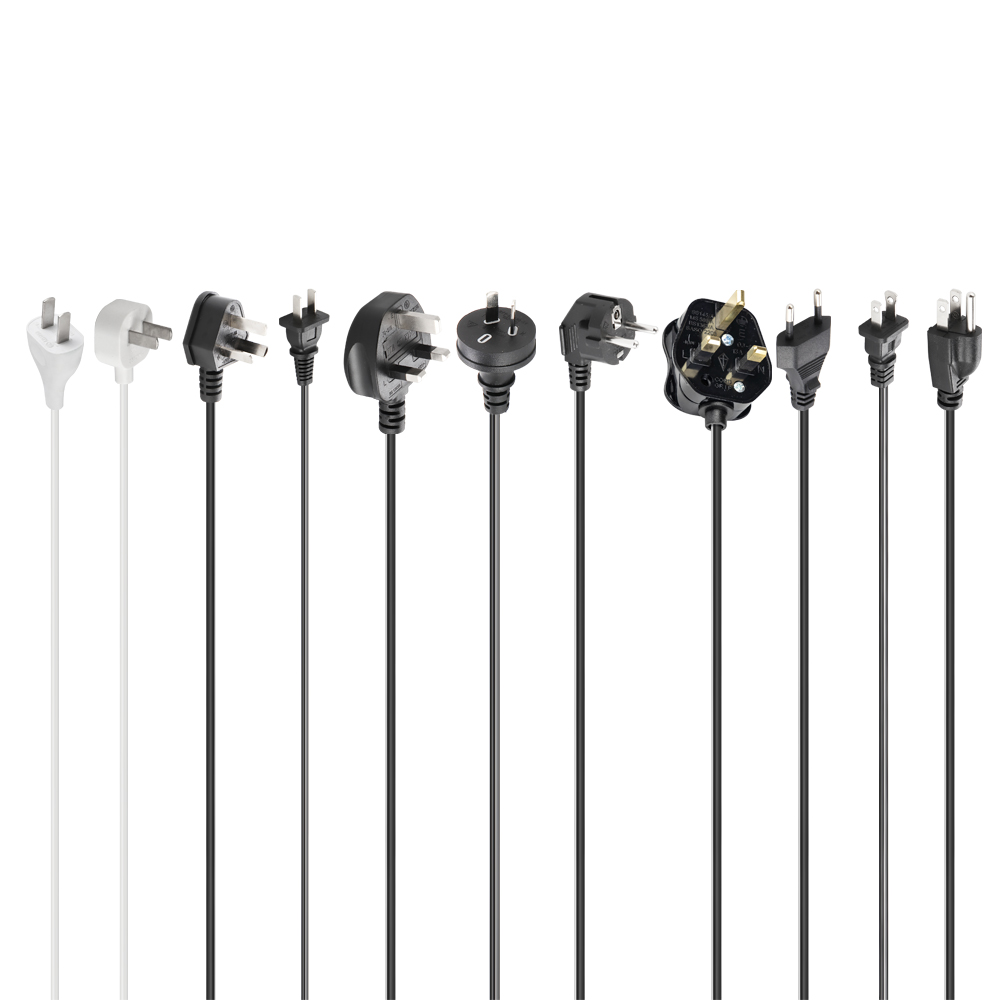
The Flexible Cable is a highly versatile component, boasting numerous advantageous features that cater to a wide range of applications. Here are four key characteristics that underscore its utility:
1、Exceptional Flexibility and Durability: The Flexible Cable's most prominent feature is its remarkable flexibility, allowing it to conform to various shapes and contours with ease. This flexibility, coupled with its durability, ensures reliable performance even in the most demanding environments. Whether it's used in tight spaces or areas with frequent movement, the cable maintains its integrity and functionality, resisting breakage and wear.
2、High-Performance Transmission Capabilities: The cable is designed to provide optimal transmission of electrical signals and data. Its PVC conductor materials and insulation ensure efficient and accurate signal transmission, minimizing losses and interference. This allows it to be used in high-speed data transmission systems, enabling seamless communication and information exchange.
3、Lightweight and Easy to Install: The Flexible Cable's lightweight construction makes it easy to handle and install, reducing installation time and labor costs. Its compact size also allows for efficient cable management, minimizing the amount of space required for cable routing. This feature is particularly beneficial in space-constrained environments, such as inside equipment cabinets or within complex machinery.
4、Excellent Resistance to Environmental Factors: The cable is designed to resist a wide range of environmental factors, including temperature variations, moisture, and chemicals. This ensures reliable performance even in harsh or outdoor environments, where exposure to adverse conditions can compromise the integrity of traditional cables. Whether it's used in industrial settings, outdoor installations, or marine applications, the Flexible Cable can withstand the challenges of its environment, maintaining its performance over time.

